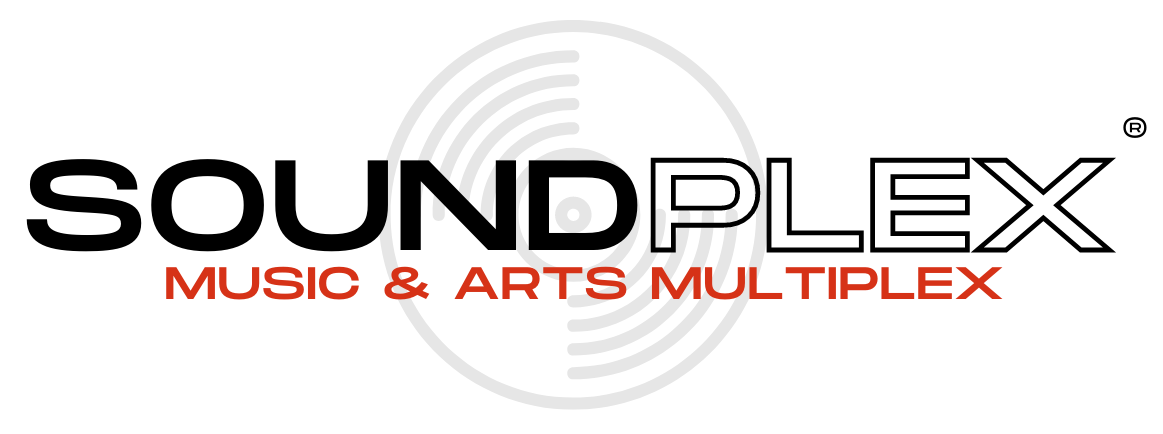The Art of Adaptability: Exploring the Importance of Versatility and Flexibility in Music Studios
In the world of music, the importance of a versatile and adaptable space cannot be understated. The dynamic nature of artistic creation necessitates an environment that can evolve with the artist, facilitating their growth and nurturing their creative explorations.
To begin with, versatility in a music studio refers to the ability to cater to various musical needs, configurations, and genres. Different artists, bands, or ensembles have unique requirements, and a one-size-fits-all approach simply doesn't work in such a context. For instance, a solo singer-songwriter may require an intimate space that allows for a personal, introspective creation process. Whereas, a band might need a larger room to accommodate all members and their instruments, encouraging interaction and synergy.
Additionally, the need for varied room setups extends to the recording process. There might be instances where a musician or band would like to record live performances. In such cases, a studio that offers a dedicated live recording room equipped with the necessary audio and video gear, like SoundPlex Studios, becomes incredibly valuable.
Certain types of music or specific pieces may sound better when recorded in particular settings. The echoes in a large hall might lend a haunting quality to a soulful ballad, while an insulated booth might provide the crisp acoustics needed for a rap verse. Versatility in the studio's physical spaces can directly impact the sound and feel of the music produced.
Moving on to flexibility, this refers to a studio's operational aspects, particularly its availability. In the creative process, inspiration can strike at any hour. For some musicians, the quiet solitude of late-night hours might be the ideal time to rehearse or record. For others, the fresh energy of early mornings could prove most productive. A studio that offers flexible time slots caters to these varying rhythms, ensuring artists can access the space when their creativity is at its peak.
Flexibility also means having options for different booking durations. Some artists may prefer extended blocks of time for more immersive sessions, while others might need shorter, more frequent slots.
But why is this versatility and flexibility so important? Firstly, it respects the individual creative process. Every artist is unique in their approach to making music, and having a studio that can accommodate these idiosyncrasies fosters a more inclusive and nurturing environment.
Secondly, it allows for creative experimentation and growth. Having access to different types of spaces can inspire musicians to try new things, experiment with their sound, and ultimately grow as artists.
Finding a versatile and flexible studio can be a game-changer for musicians. It encourages creativity, facilitates growth, and offers a supportive environment that molds itself around the artist's needs. In a realm as diverse and dynamic as music, a studio that embodies these qualities can be the perfect partner on an artist's musical journey…
A studio like SoundPlex Studios.

